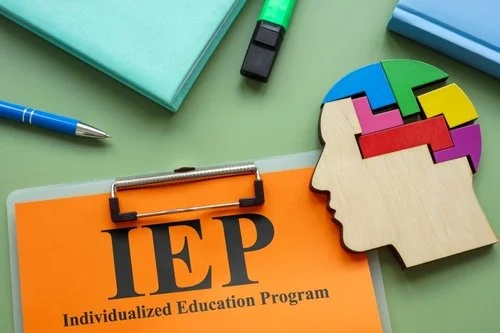IEP implementation isn’t a one-hit wonder—it’s a full-length album of services, goals, accommodations, and progress tracking. And just like Miley told us: we can’t stop, and we won’t stop when it comes to implementation.
When it comes to implementation, there are lots of little areas that can lead a district to becoming non-compliant. The case of Benton Sch. Dist., 125 LRP 10676 (SEA AR 2025), covers an increasingly investigated issue: the use of paraprofessionals.
The district assigned a paraprofessional to support a nonverbal kindergartner with autism in the general education classroom. The paraprofessional ultimately delivered modified instruction and essentially served as the student’s primary provider of special education services without any supervision.
The hearing officer found that the district denied the student a free appropriate public education (FAPE), in part because it relied too heavily on the paraprofessional. The student’s general education teacher testified that she spent roughly 10 minutes per day with the student. The paraprofessional provided the majority of instruction but was not adequately equipped to provide behavioral supports, had a limited understanding of the student’s complex needs, and received minimal supervision from certificated staff. The student’s IEP also failed to allocate any special education minutes, making it difficult to demonstrate that a certified special education teacher was meaningfully implementing the IEP.
This case, along with the KSB brain trust, has some key takeaways when it comes to implementation:
Review the use of paraprofessionals and their supervision. Ensure that appropriately trained and certified staff provide consistent supervision, review how this is documented, and assess the training and support in place for paraprofessionals. Documenting a series of quick check-ins between a supporting paraprofessional and the special education teacher and/or case manager is great evidence of support and supervision.
Review your system and how you document IEP access, both for general education teachers and substitutes. Even if not legally required to have a documented system of access, this kind of documentation has proven vital when defending against a complaint.
Review the practice in place for tracking and documenting the implementation of services and accommodations. Ensure that we document how and when certified personnel deliver services. If a student rejects an accommodation, we need to document the attempts and refusals.
Sadly, this concludes our summer series on special education compliance. But as Miley said, “It’s our party, we can do what we want to.” Email us at ksb@ksbschoollaw.com with any questions.

